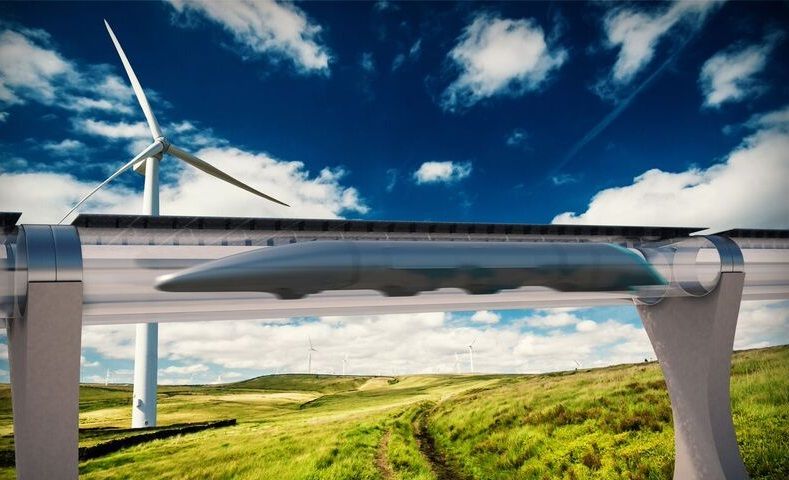
Elon Musk's vision of a 760-mph vacuum transport system has received a lift from a new levitation technology that claims to be cheaper and safer than other levitation systems like MagLev.
Hyperloop Transportation Technologies (HTT) teamed up with Lawrence Livermore National Labs (LLNL) to develop and build test systems using passive magnetic levitation.
"I had the honor of meeting with [deceased physicist Richard] Post," said Dirk Ahlborn, CEO of Hyperloop Transportation Technologies. "He saw the Hyperloop transportation system as the perfect fit for this technology and was excited to see it become part of the project."
Hyperloop, originally conceived by Musk as a "fifth mode of transport" in a white paper in 2012, is described by its developers as a 1,000-percent improvement on today's transport. Using a vacuum environment it transports cargo or passenger capsuled through an elevated tube.
HTT is not the only company working on a Hyperloop system, with another California-based company aiming to have a commercial track ready in the U.S. by 2021. The similarly named Hyperloop Technologies began construction on a two-mile test track in Nevada earlier this year.
Musk is not affiliated with any of the Hyperloop companies, however he has expressed his interest in helping to accelerate development of a functional Hyperloop prototype.
Ahlborn has previously said HTT is working with the government of Slovakia to build a Hyperloop track in Europe, however no word has been given on when the track might be built.
HTT's COO Bibop Gresta said that the new passive levitation system would hold several advantages over rival technologies.
"Utilizing a passive levitation system will eliminate the need for power stations along the Hyperloop track, which makes this system the most suitable for the application and will keep construction costs low," Gresta said.
"From a safety aspect, the system has huge advantages. Levitation occurs purely through movement, therefore if any type of power failure occurs, Hyperloop pods would continue to levitate and only after reaching minimal speeds touch the ground."
Uncommon Knowledge
Newsweek is committed to challenging conventional wisdom and finding connections in the search for common ground.
Newsweek is committed to challenging conventional wisdom and finding connections in the search for common ground.
About the writer
Anthony Cuthbertson is a staff writer at Newsweek, based in London.
Anthony's awards include Digital Writer of the Year (Online ... Read more
To read how Newsweek uses AI as a newsroom tool, Click here.








